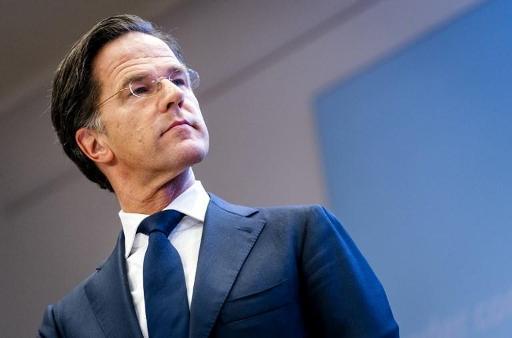The Netherlands will extend most of its measures against Covid-19 until 2 March, Dutch Prime Minister Mark Rutte announced on Tuesday.
"We cannot ignore the rapid emergence of the British variant," Rutte said at a press conference, “and we know that if we are overly optimistic now, we will soon see the full impact.”
However, he confirmed the reopening of primary schools and daycares from 8 February, as well as the possibility from 10 February to sell take-away goods for so-called non-essential shops, which have been closed since December.
The education minister had already announced the reopening of primary schools for the first time on Sunday.
High schools will not open before 1 March, however.
Related News
- Coronavirus: The Netherlands under curfew for the first time since WWII
- Netherlands extends lockdown until 9 February
- Netherlands could end controversial curfew on 10 February
The Dutch government has been under pressure since a curfew was introduced on 23 January, with a nightly curfew between 9 p.m. and 4.30 a.m., triggering the worst riots in the Netherlands in 40 years.
Rutte said that the curfew was still set to end on 10 February, but he has asked the Outbreak Management Team (OMT) - the scientific committee advising the government on how to deal with the health crisis - for its opinion, which is expected at the end of this week.
The restrictions, which were due to end on 9 February, are the most severe the country has seen so far, with schools, non-essential shops, cafés and restaurants closed and people being allowed to receive only one guest per day.
Between 27 January and 2 February, the Netherlands counted 28.628 new cases of coronavirus and 448 people died, according to the National Institute for Public Health and the Environment (RIVM).
Jason Spinks
The Brussels Times

